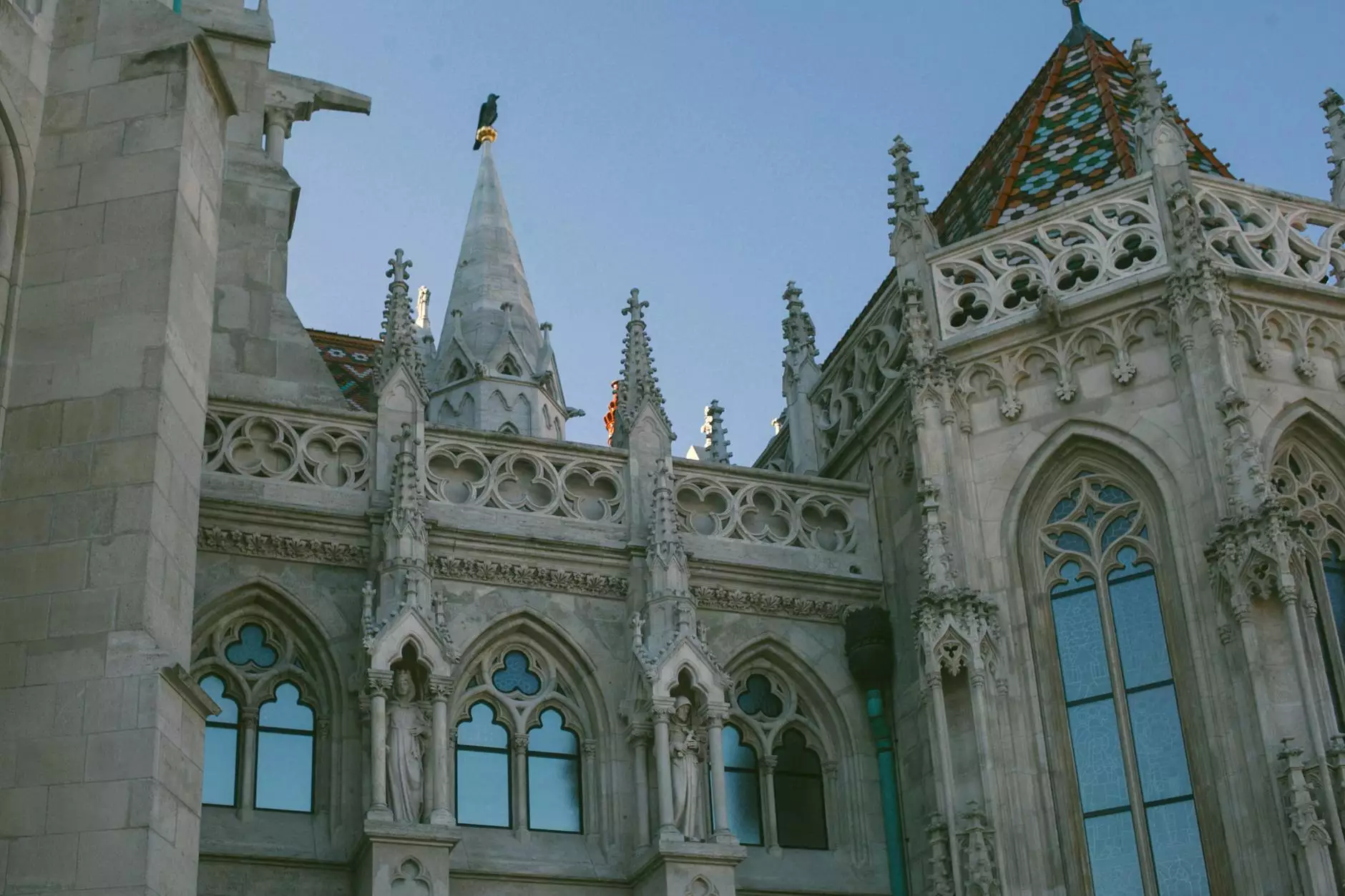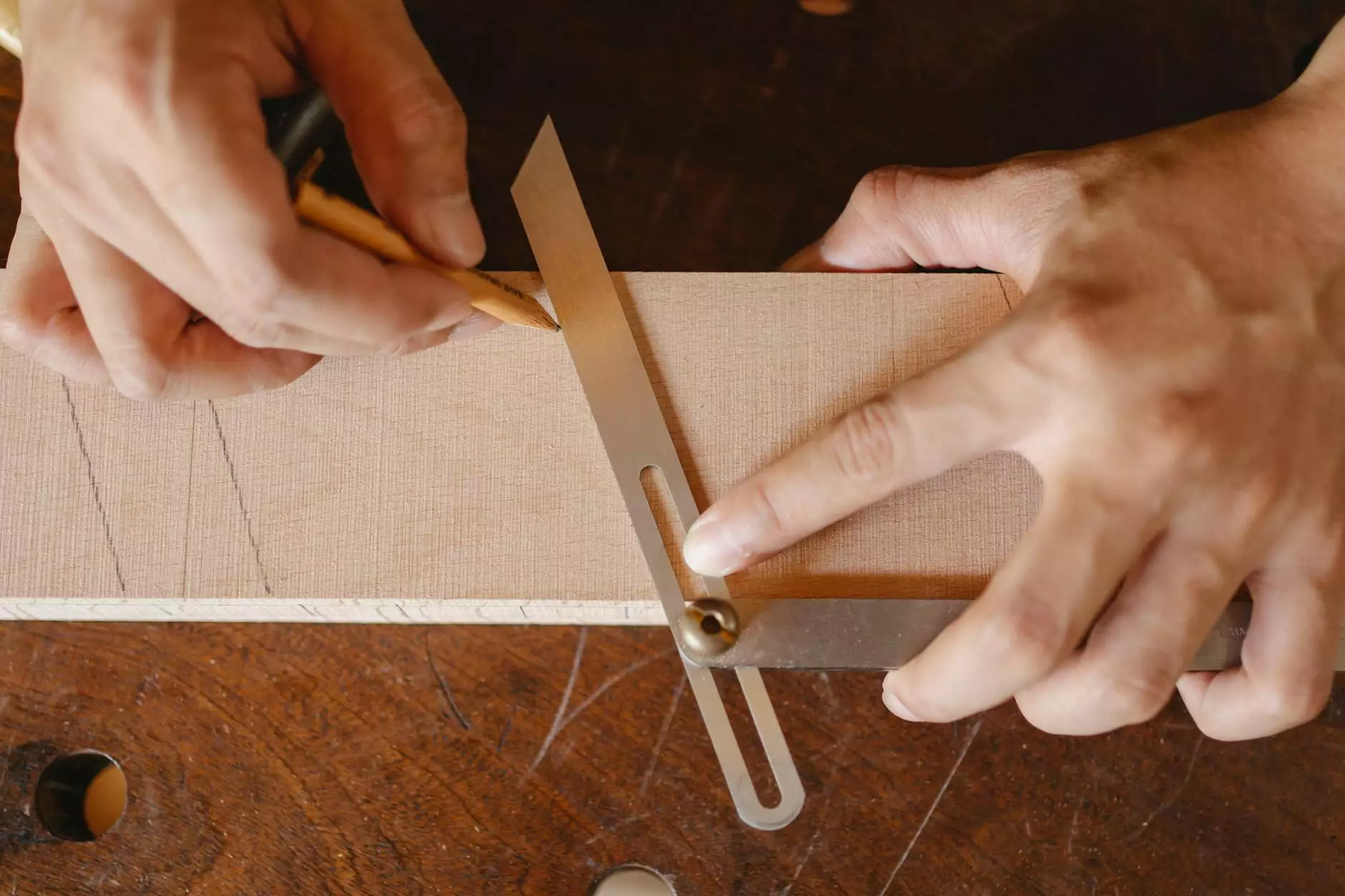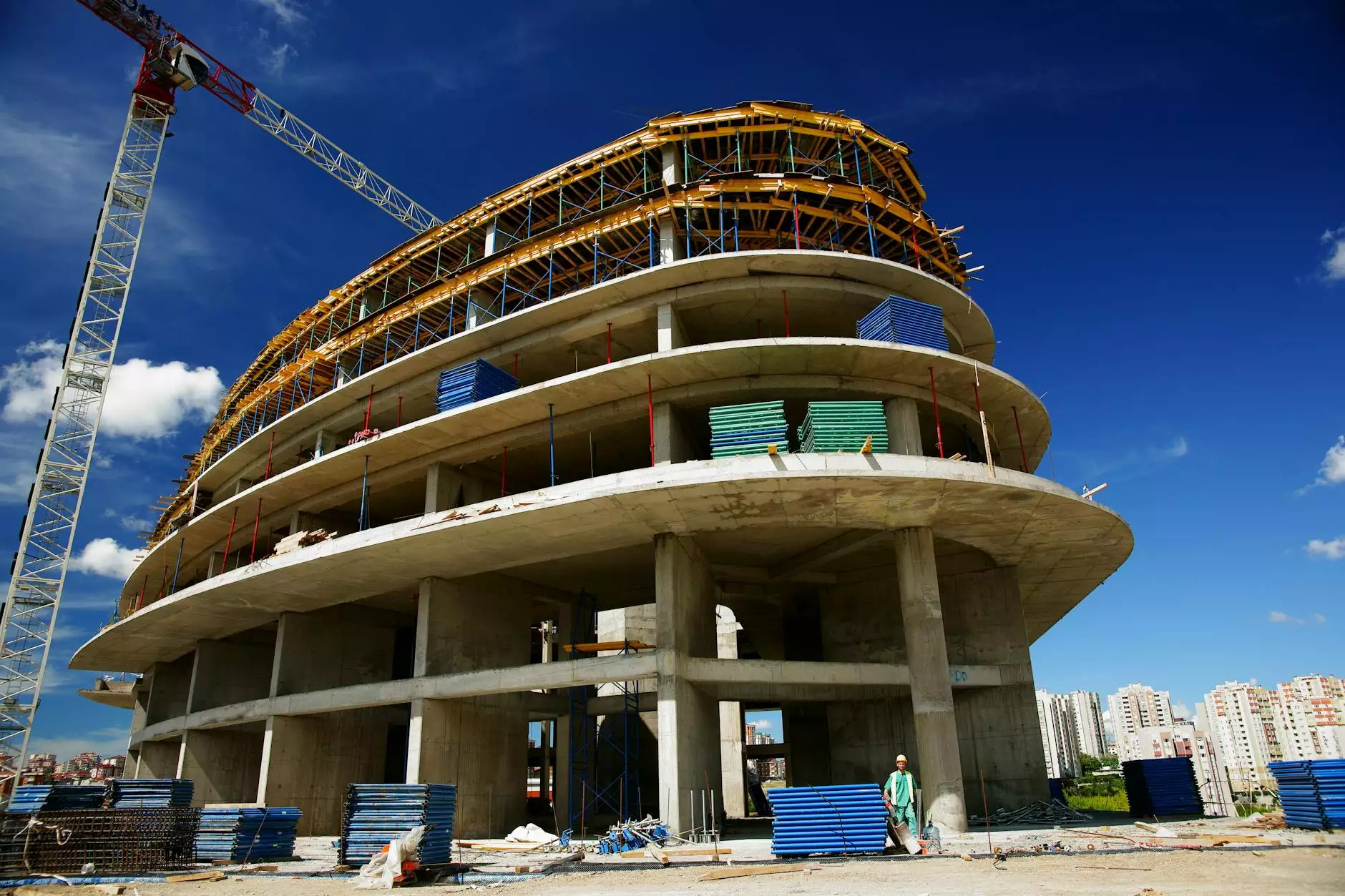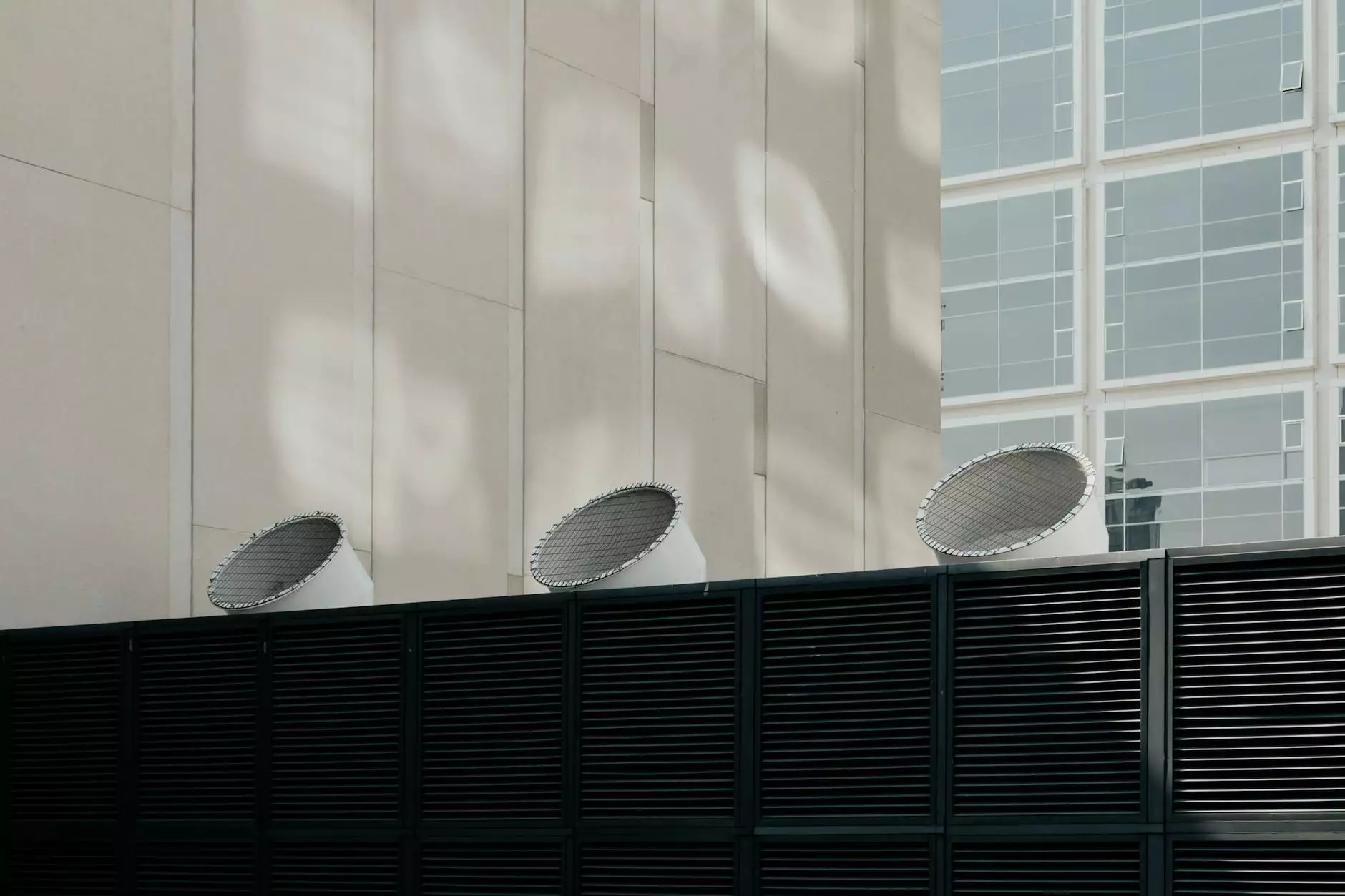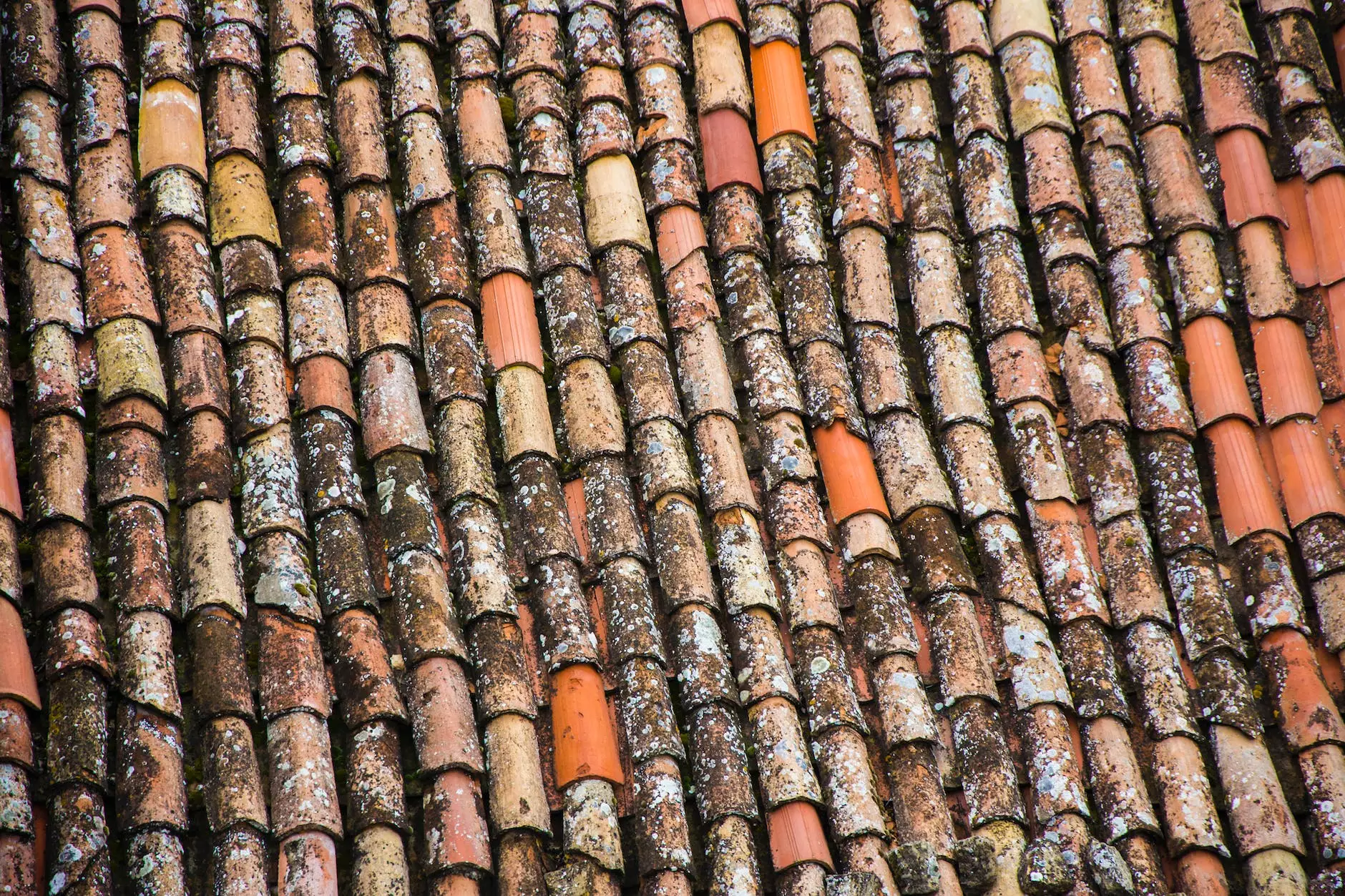Plywood vs OSB: What Is Better For Your Roof?
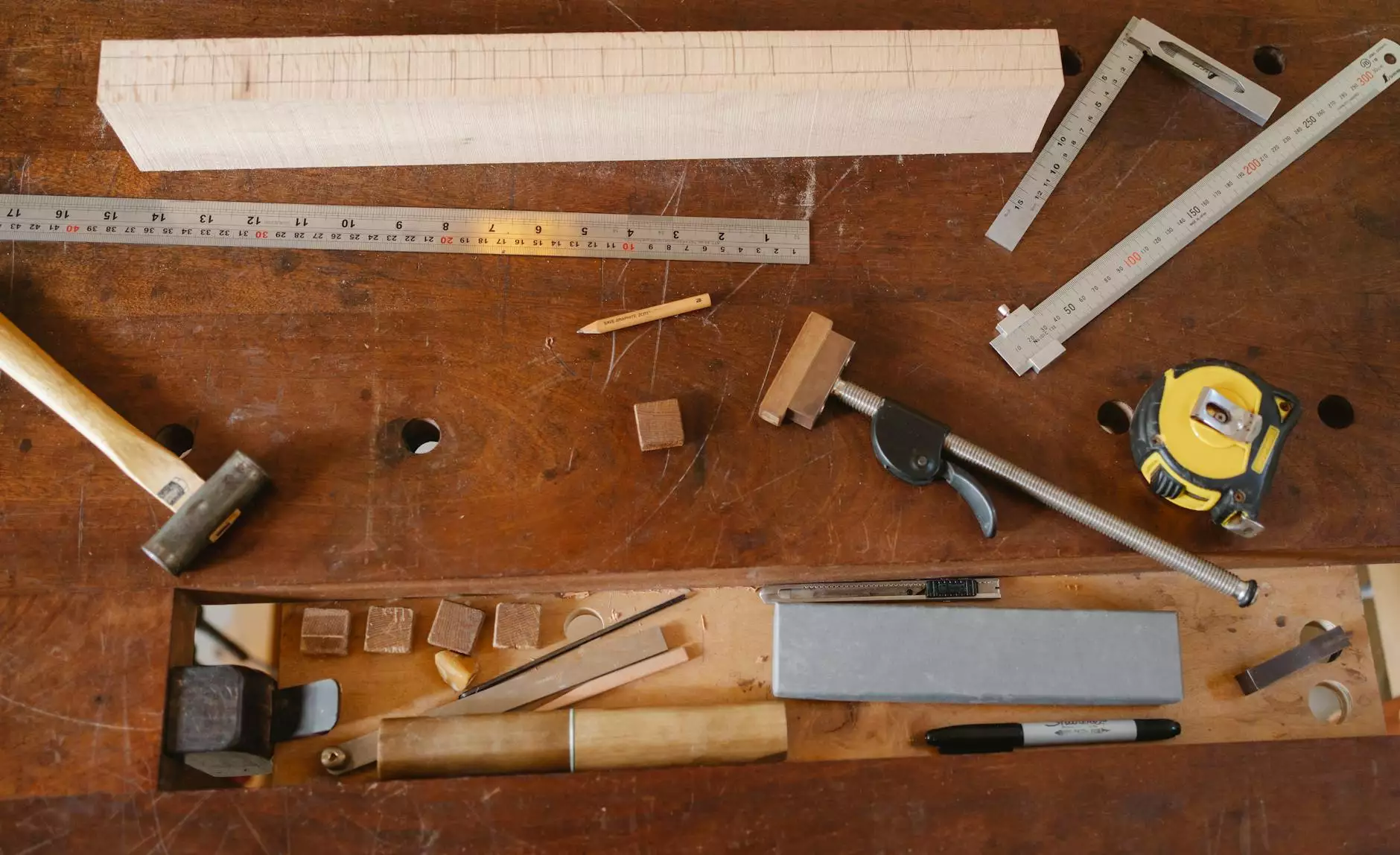
Introduction
When it comes to building or replacing a roof, selecting the right material is essential for its longevity and structural integrity. Plywood and Oriented Strand Board (OSB) are two popular options commonly used in roofing. In this article, we will explore the differences between plywood and OSB and help you make an informed decision for your roof.
Plywood
Plywood is a versatile and widely used material in the construction industry, known for its strength and durability. It is manufactured from thin layers of wood veneer, which are glued together with the grains of each layer running perpendicular to the adjacent ones. This cross-grain construction gives plywood its strength and stability.
One of the notable advantages of plywood is its resistance to moisture and water damage. It is less susceptible to warping or delamination when exposed to rain, making it a suitable choice for roofs in areas with high humidity or prone to heavy rainfall.
Plywood also offers excellent nail-holding capacity, which is crucial for securing roofing materials. The strong, dense structure of plywood allows for reliable fastening, ensuring that shingles or other roofing materials stay securely in place.
OSB (Oriented Strand Board)
OSB is an engineered wood-based panel made by compressing layers of wood strands, flakes, or wafers with adhesive resins. The strands are oriented in specific directions, which enhances the board's strength and dimensional stability. OSB is widely used in construction applications, including roofing.
Similar to plywood, OSB provides good structural strength and can handle heavy loads. It is known for its cost-effectiveness and availability. Unlike plywood, OSB is made from fast-growing trees, making it an environmentally friendly choice for the eco-conscious.
However, it is worth noting that OSB tends to be more susceptible to moisture damage compared to plywood. Exposure to extended periods of moisture can cause OSB to swell, leading to structural issues and potential roof leaks.
Choosing the Right Material for Your Roof
Selecting between plywood and OSB for your roof depends on various factors such as climate, budget, and personal preferences. Here are a few considerations to help you make an informed decision:
1. Climate
Consider the climate and weather conditions in your area. If you live in a region with higher humidity or frequent rainfall, plywood may be a more suitable choice due to its better moisture resistance. However, proper installation and regular maintenance can help mitigate moisture-related issues with OSB.
2. Cost
Budget is an important factor when making any construction or renovation decision. Plywood tends to be slightly more expensive than OSB, but the price difference may vary based on market conditions and availability. Assess your budget and consult with roofing professionals to compare the overall costs of using plywood versus OSB for your roof.
3. Roof Design and Loads
The design of your roof and the anticipated loads it will bear also play a role in material selection. Plywood's superior nail-holding capacity and dimensional stability make it an ideal choice for complex roof designs or structures with heavier loads. OSB, on the other hand, can be a suitable option for simpler roof designs or structures with lighter loads.
4. Sustainability
If environmental sustainability is a priority for you, consider the sourcing and production processes of the materials. Plywood is typically made from slow-growing trees, while OSB is made from fast-growing trees, making it a potentially greener choice.
Conclusion
Both plywood and OSB have their advantages and considerations when it comes to using them for roofing. It is essential to carefully evaluate your specific requirements, climate conditions, and budget constraints before making a decision.
At Bio-One Atlanta, we understand the importance of selecting the right roof materials. Our team of professionals can provide expert advice and quality roofing services tailored to your needs. Contact us today to learn more about our services and how we can assist you in making the best choice for your roof!
Note: This article is intended for informational purposes only. It is always recommended to consult with a professional roofing contractor for personalized advice and guidance.

